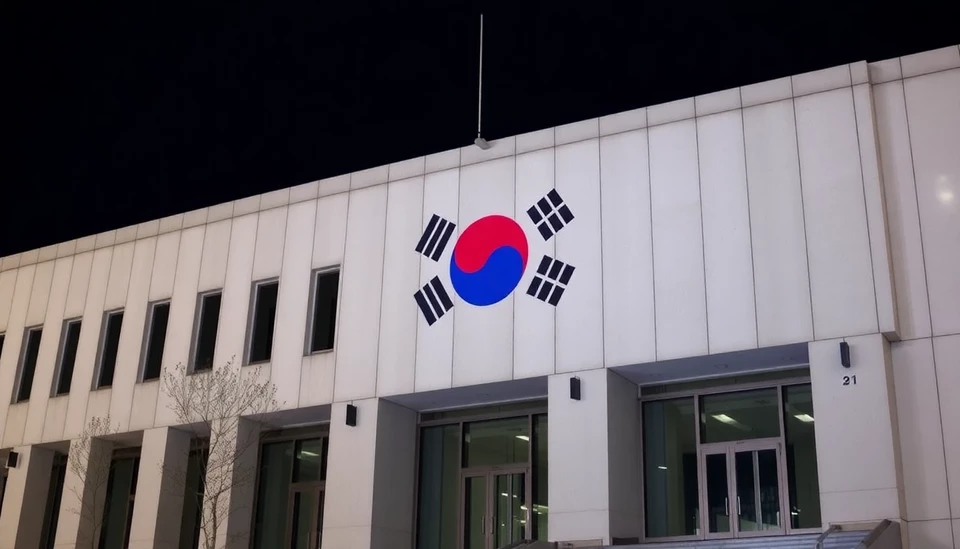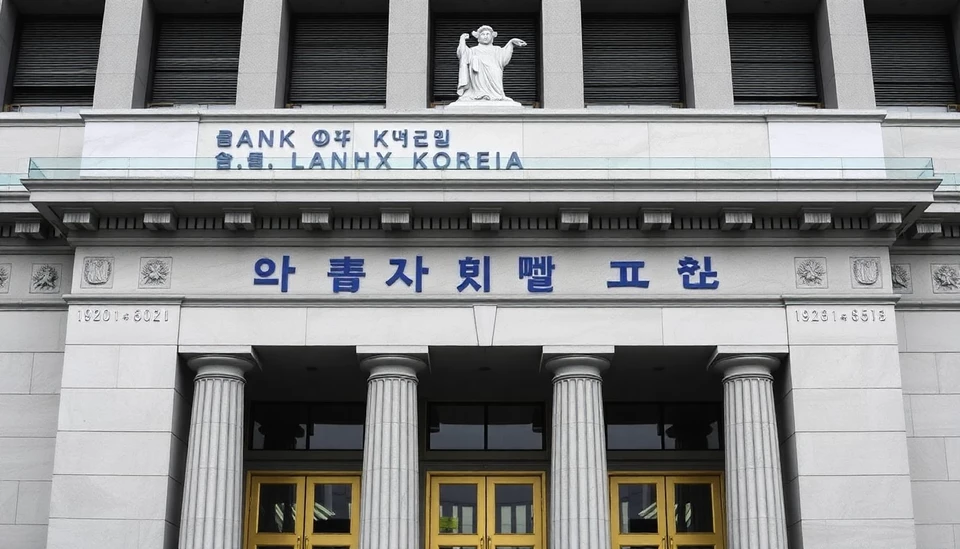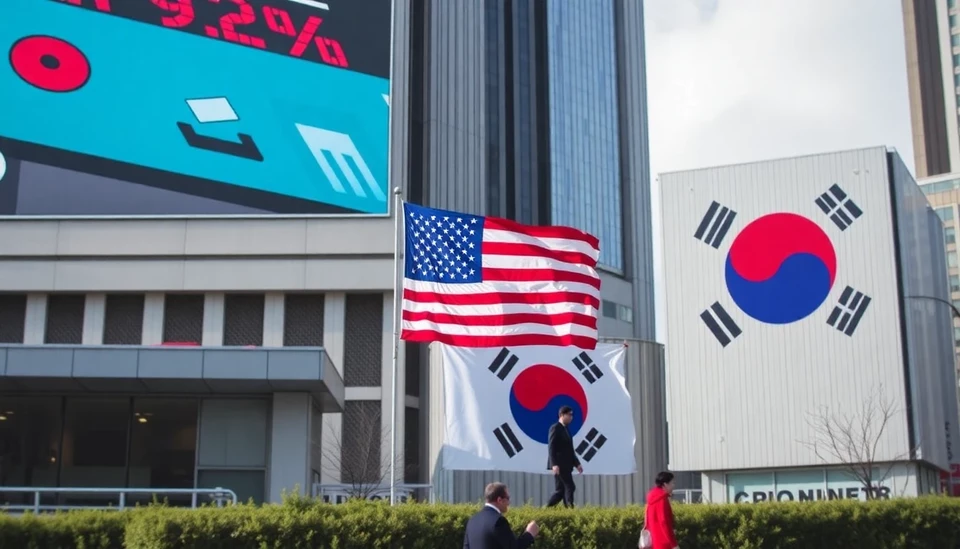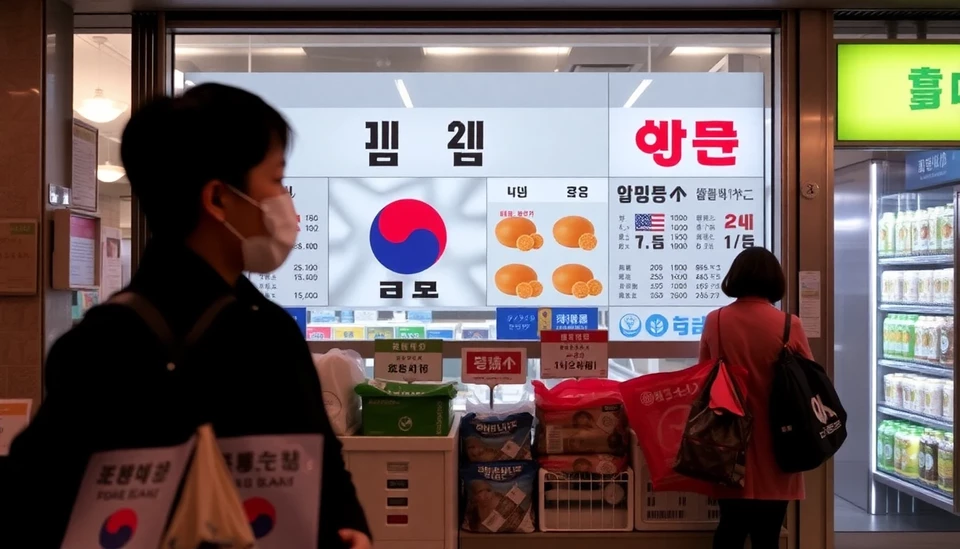
The Bank of Korea (BOK) is anticipated to lower interest rates further in 2024, influenced primarily by the potential impact of the Trump administration's economic policies and global economic conditions. As uncertainties loom over trade relations and economic stability, analysts suggest that flexible monetary policy will be paramount for the BOK in the coming year.
Recent comments from BOK Governor Rhee Chang-yong indicated that the bank remains vigilant concerning the influence of external factors, particularly those stemming from the United States. With the possibility of Donald Trump returning to the presidency in the next election cycle, economic analysts are scrutinizing the implications of his past policies, which could lead to increased volatility in international markets.
As South Korea grapples with a slowing domestic economy and sluggish consumption levels, the pressure to adjust interest rates is mounting. Many economists predict that the BOK may employ further cuts as a strategic move to stimulate growth and encourage spending. The prevailing sentiment is that the domestic economic landscape could benefit from a more accommodating monetary policy, especially if inflation trends downward.
Moreover, the BOK's approach aligns with broader trends observed in central banks around the world, which are navigating the complexities of post-pandemic recovery. The central bank's decision-making process is heavily influenced by not just local economic indicators but also international developments that could reshape the economic backdrop for South Korea.
Many market watchers are eager to see how the BOK will respond to domestic pressures while simultaneously considering the looming international uncertainties associated with potential shifts in U.S. political leadership. The relationship between South Korea and the United States remains one of the pivotal factors influencing South Korea's economic trajectory, making the monetary policy decisions of the BOK particularly consequential.
In light of these factors, the question remains: will the Bank of Korea's proactive stance in interest rate adjustments be sufficient to shield the economy from the ripples of international turmoil? As 2024 approaches, stakeholders and investors will be closely monitoring the developments and strategies emerging from the BOK.
In conclusion, the anticipated rate cuts by the Bank of Korea reflect a broader narrative of economic caution driven by external uncertainties. The BOK's policy measures will be essential in navigating a path toward stability and growth amidst a changing global landscape.
#BankofKorea #InterestRates #TrumpAdministration #EconomicImpact #MonetaryPolicy #SouthKorea #GlobalEconomy
Author: Daniel Foster




